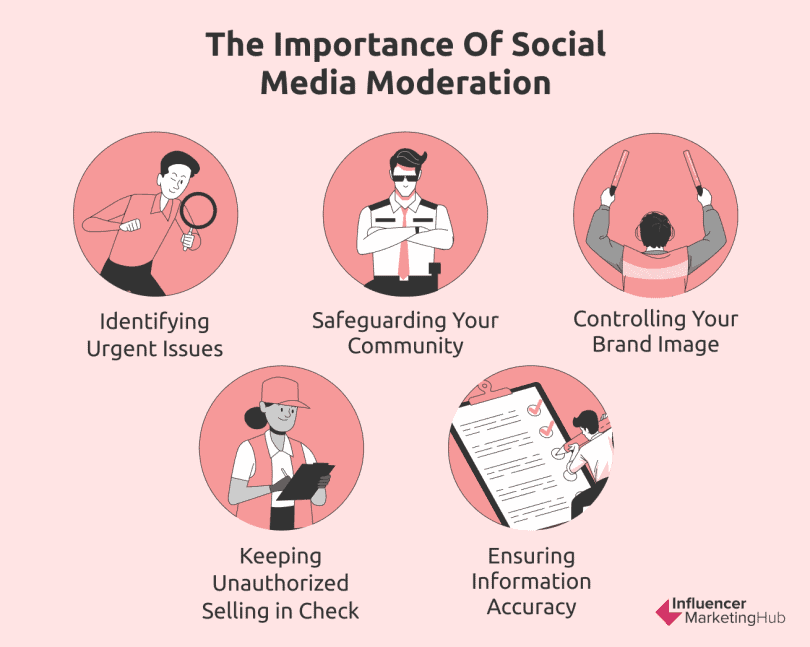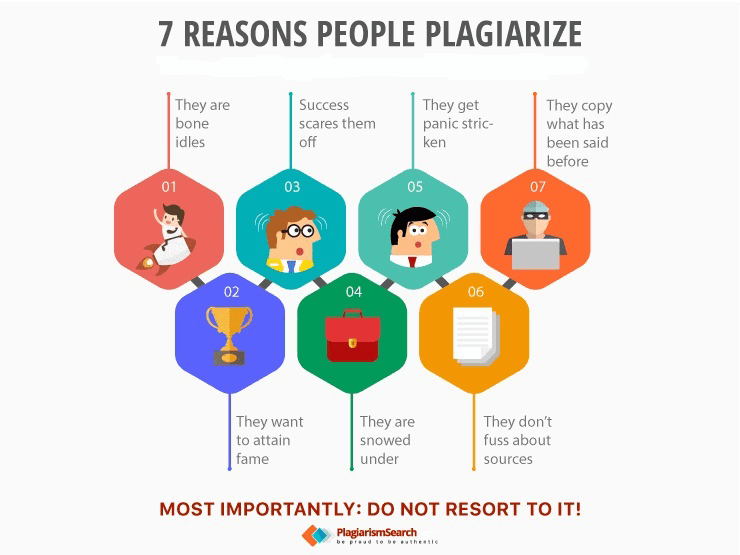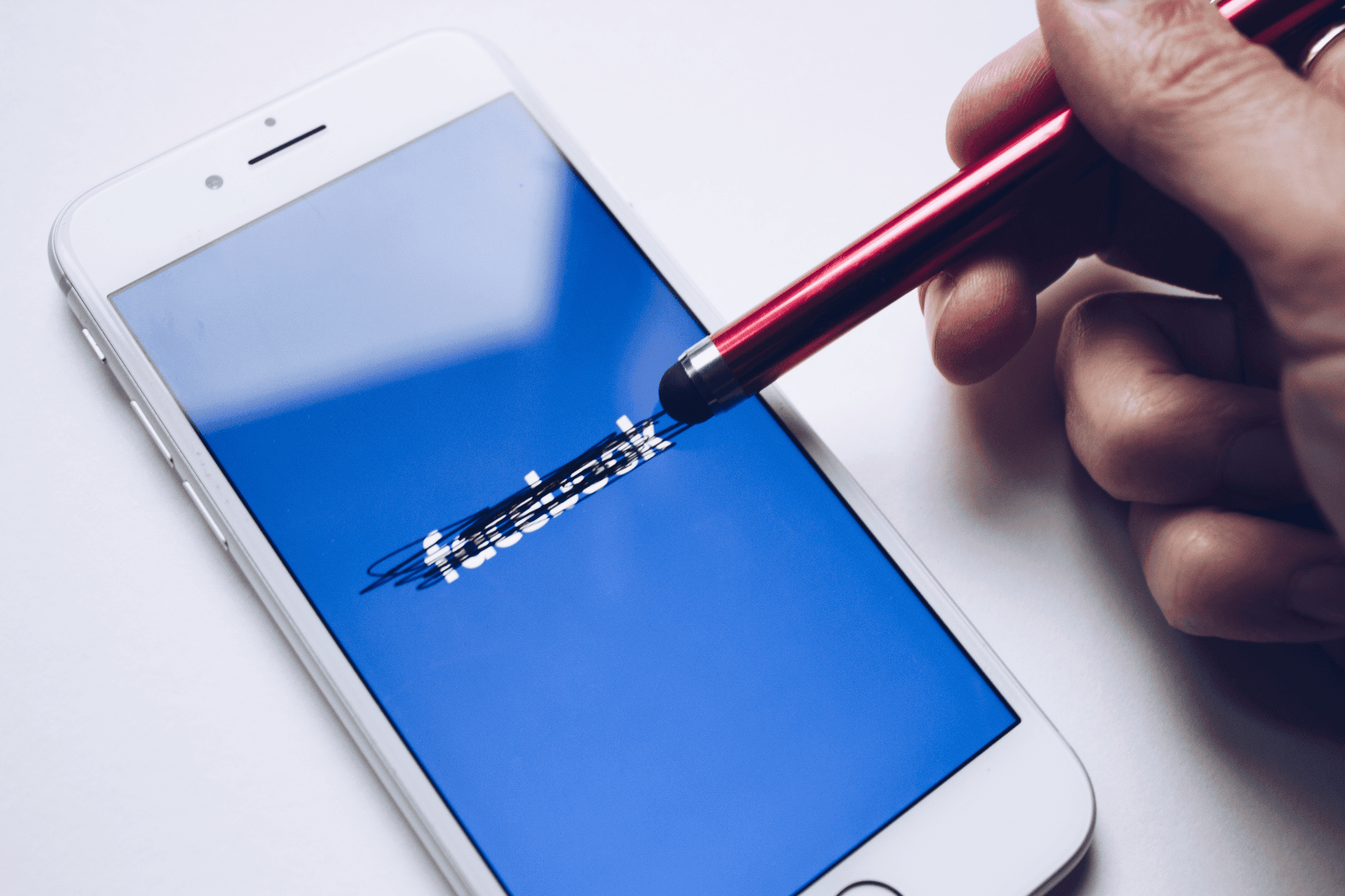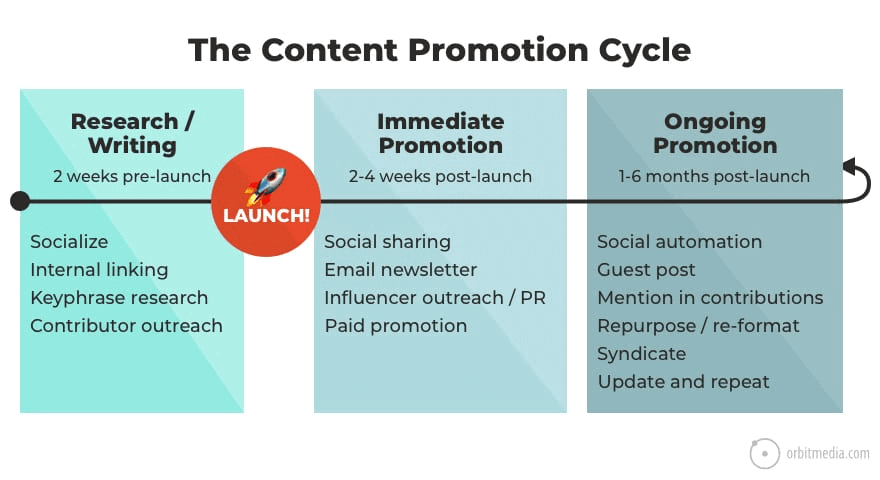Preventing plagiarism in social media is crucial to maintaining the integrity of online content and fostering a culture of authenticity and creativity. In an interconnected world where information is readily shared, the challenge of ensuring originality has become increasingly pertinent. Plagiarism involves copying, reproducing, or presenting someone else’s work, ideas, or thoughts as one’s own, undermining the principles of honesty and intellectual growth.
To address this issue, implementing effective measures is essential. Educating users about plagiarism’s implications and the significance of producing genuine content is a foundational step. By encouraging a sense of ownership over ideas, platforms can cultivate an environment where users prioritize originality. Clear and comprehensive guidelines on proper citation and attribution of sources should be made accessible to all users.
Utilizing plagiarism detection tools can help identify instances of copied content, reinforcing the platform’s commitment to maintaining quality and authenticity. Encouraging open dialogues about plagiarism within the community can raise awareness and address any misconceptions.
Preventing plagiarism on social media is not just about upholding ethical standards; it’s about nurturing a space where innovation and diverse perspectives thrive. By combining education, technological tools, and community engagement, platforms can significantly reduce plagiarism, ensuring that the content shared is a genuine reflection of individual creativity and intellectual endeavor.
Educate About Plagiarism
Plagiarism is the act of using someone else’s words, ideas, or creative work without proper attribution or permission and presenting them as your own. It is a serious ethical violation that undermines the principles of honesty, integrity, and originality. In the context of social media, where information is rapidly shared and disseminated, the risk of plagiarism is heightened.
To prevent plagiarism on social media, it’s crucial to understand its implications. Plagiarism not only erodes the credibility of the plagiarist but also infringes upon the rights of the original creators. To avoid plagiarism, always attribute the source of the content you’re sharing, whether it’s a quote, an image, or an idea. Use proper citations and give credit where it’s due.
Additionally, fostering a culture of originality can help curb plagiarism. Encourage critical thinking and personal expression when engaging with content on social media. When creating your content, strive to bring your unique perspective and insights to the table. And remember, utilizing AI tools can offer valuable assistance when dealing with writer’s block, but make sure to use it to amplify your creativity, not substitute you.
Educational campaigns and webinars about plagiarism can also play a significant role in prevention. By raising awareness about plagiarism, its consequences, and how to avoid it, individuals can make more informed decisions when interacting with and producing content on social media platforms.
In summary, preventing plagiarism on social media requires a combination of understanding its negative impact, practicing proper attribution, nurturing originality, and promoting educational initiatives to ensure responsible content sharing in the digital age.
Promote Originality
Promoting originality is a vital strategy to prevent plagiarism on social media. In a digital landscape where information is readily accessible and shared, fostering a culture of creativity and authenticity is paramount.
Encouraging users to express their unique perspectives and thoughts can significantly deter plagiarism. Emphasize the value of individuality and the rewards of creating content that reflects personal insights. When individuals feel empowered to contribute their original ideas, they are less likely to resort to copying the work of others.
Educational campaigns focusing on the rewards of original content can be impactful. Highlight the sense of accomplishment and recognition that comes with creating something fresh and innovative. Showcase examples of successful individuals or campaigns that have gained attention by offering something new to the conversation.
Moreover, platforms can introduce features that support originality, such as tools that help users generate ideas, collaborate on projects, and receive feedback. Celebrate users who consistently produce unique content and acknowledge their contributions.
In conclusion, preventing plagiarism on social media demands a shift towards celebrating originality. By instilling a sense of pride in creating one’s content and illustrating the benefits of authenticity, we can cultivate a digital sphere that values innovation and reduces the prevalence of plagiarism.
In the fast-paced world of online information sharing, proper attribution is essential to acknowledge the work of others and provide context for the content being shared.
When sharing content on social media, whether it’s a quote, statistic, image, or idea, always include a clear reference to the source. This can be done through direct links, mentioning the source’s username or handle, or adding relevant hashtags. By doing so, you show respect for the creator’s efforts and allow your audience to verify the information.
Cite Sources
Citing sources also adds credibility to your content. It demonstrates that you’ve conducted thorough research and are contributing to a meaningful conversation by building on existing knowledge. It’s especially important when sharing news, research findings, or any information that could impact public understanding.
Educational efforts can emphasize the importance of proper citation. Encourage individuals to fact-check before sharing and to prioritize accuracy over speed. Platforms can implement features that make source attribution easier, such as providing templates for proper citation formats.
If you’re incorporating a statistic or curated content in your social media posts such as images, there are various ways you can cite your source. For example, if you cite a stat like “Handymen earn $54,612 per year on average” from Jobber’s Handyman Salary Guide, you can tag Jobber in your post, link to their page, or simply attribute the statistic to the source through a mention.
In summary, citing sources on social media is a crucial practice to prevent plagiarism and maintain a trustworthy online environment. By consistently giving credit to original creators, we promote responsible content sharing and contribute to a more informed and respectful online community.
Use Plagiarism Detection Tools
Utilizing plagiarism detection tools can be a proactive measure to prevent plagiarism on social media platforms. These tools are designed to scan and compare content against a vast database of existing materials to identify potential instances of copied or unoriginal content.
By integrating plagiarism detection tools into social media platforms, users can receive real-time feedback on the originality of their posts before sharing them. This not only acts as a deterrent for potential plagiarizers but also encourages individuals to produce authentic and unique content. These tools work by analyzing text, images, and other media, helping to identify both verbatim and paraphrased instances of copied material.
Educational campaigns can highlight the benefits of using plagiarism detection tools to maintain the integrity of online content. Encourage users to adopt these tools as part of their content creation process, emphasizing the importance of originality and responsible information sharing.
Social media platforms themselves can play a role by partnering with reputable plagiarism detection service providers or developing their detection algorithms. They can offer users the option to automatically check their content for originality and provide prompts if potential plagiarism is detected.
In conclusion, plagiarism detection tools serve as a valuable line of defense against plagiarism on social media. By integrating these tools and promoting their usage, we can contribute to a digital environment that values authenticity, creativity, and ethical content sharing.
Moderation and Reporting
Implementing effective moderation and reporting mechanisms is crucial for preventing plagiarism on social media platforms. These strategies empower both users and platform administrators to identify and address instances of copied or unattributed content promptly.
Moderation involves the review and approval of user-generated content before it’s publicly visible. By employing AI-based algorithms and human moderators, platforms can identify potential cases of plagiarism and prevent them from being posted. This proactive approach sends a clear message that originality and proper attribution are valued.

Equally important is the reporting feature. Users should be encouraged and educated about reporting plagiarized content. When users come across content they suspect is plagiarized, they can report it to platform administrators for review. This crowdsourced effort helps identify instances that might have been missed by automated tools.
Influencer campaigns can inform users about the reporting process and its role in maintaining the platform’s integrity. These campaigns can also emphasize the ethical implications of plagiarism and how it undermines the trust within the community.
Platforms themselves can ensure that reported content is reviewed promptly by human moderators who can make informed judgments based on context. Transparent communication about the outcomes of these reviews can help build trust among users.
In summary, combining proactive moderation with user reporting creates a strong defense against plagiarism on social media. By fostering an environment where originality is upheld and users actively contribute to its enforcement, we can create a more respectful and authentic digital space.
Terms of Use and Copyright Policies
Crafting robust Terms of Use and copyright policies is an effective strategy to prevent plagiarism on social media platforms. These policies establish clear guidelines for content creation, sharing, and attribution, thereby promoting ethical behavior and protecting the rights of content creators.
Terms of Use should explicitly outline that users are responsible for sharing only original content or properly attributing sources when using others’ work. By doing so, platforms set expectations for user conduct and discourage the unauthorized use of content.
Incorporating strong copyright policies is equally crucial. These policies should inform users about copyright laws and the consequences of infringement. Clear explanations about how the platform handles copyright violations, including the removal of plagiarized content and potential account penalties, can deter plagiarism.
Educational efforts should include educating users about the importance of reading and understanding these policies. Emphasize that adherence to these rules is not only a requirement but also a commitment to upholding integrity and respecting intellectual property.
Platforms can implement automated tools to scan content for potential copyright violations and plagiarism. These tools can help identify and flag instances of unoriginal content before they are published, providing a preventive measure against plagiarism.
In conclusion, well-defined Terms of Use and copyright policies act as a foundation for preventing plagiarism on social media. By setting expectations, educating users, and utilizing technology to enforce these policies, platforms can foster a culture of originality and responsible content sharing.
Encourage Personal Expression
Encouraging personal expression is a potent strategy to prevent plagiarism on social media platforms. When users feel empowered to share their unique thoughts, ideas, and perspectives, the inclination to plagiarize diminishes significantly.

Platforms can create an environment that values individuality by highlighting the benefits of authentic content. Showcase success stories of users who gained recognition by contributing their original insights. Offer features that allow users to express themselves creatively, such as customizable profiles or unique formatting options.
Educational initiatives should emphasize the value of personal voice. Teach users that their thoughts and experiences are valuable contributions to the online conversation. Encourage critical thinking and research, so individuals can engage in meaningful discussions with their informed viewpoints.
Promote responsible content creation by teaching proper citation methods is an essential aspect of branding. When users reference external sources, they demonstrate respect for the creators while also enhancing their credibility. Encourage users to link, tag, or mention sources appropriately when sharing information.
Foster a sense of community where originality is celebrated. Host challenges or campaigns that celebrate diverse perspectives and creative content. Recognize and reward users who consistently contribute innovative and genuine posts.
Ultimately, by nurturing personal expression and originality, social media platforms can actively combat plagiarism. When users understand the value of their unique contributions and are empowered to share them, the allure of copying others’ work diminishes, creating a more authentic and enriching online environment.
Provide Writing Workshops
Offering writing workshops is a proactive approach to preventing plagiarism on social media platforms for primary and secondary stakeholders. These workshops can equip users with the skills and knowledge necessary to create original and engaging content while understanding the importance of proper attribution.
Writing workshops can cover various topics such as critical thinking, research skills, effective paraphrasing, and citation methods. By providing users with the tools to generate their ideas and express them coherently, the temptation to plagiarize diminishes.
Educational campaigns can highlight the benefits of attending these workshops. Emphasize that improving writing skills not only prevents plagiarism but also enhances communication abilities, making users more confident and effective contributors to online discussions.
Platforms can collaborate with writing experts, GCSE tutors, educators, or content creators to conduct these workshops. They can be offered as live webinars, recorded sessions, or even integrated as interactive modules within the platform.
Encourage users to share their workshop experiences and the insights they gained, creating a positive feedback loop that motivates others to participate. Highlight success stories of users who attended workshops and subsequently created unique, well-researched content.
In conclusion, providing writing workshops on social media platforms is an investment in fostering a culture of originality. By empowering users with the skills needed to produce their content and promoting the value of individual expression, platforms can actively prevent plagiarism and contribute to a more thoughtful and authentic online environment.
Engage in Dialogue
Engaging in open and meaningful dialogue is a powerful way to prevent plagiarism on social media platforms. Encouraging users to actively participate in discussions and exchange ideas fosters a sense of community, where originality and respectful content sharing thrive.
Platforms can facilitate dialogue by promoting discussions on trending topics, hosting Q&A sessions with experts, or creating spaces for users to share their experiences and insights. By promoting interactions that encourage critical thinking and thoughtful responses, users are motivated to contribute their unique perspectives rather than resorting to plagiarism.
Educational campaigns can highlight the value of constructive conversations. Emphasize that engaging in dialogue allows individuals to showcase their knowledge and viewpoints, which can lead to personal growth and recognition within the community.
Platforms can implement features that promote engagement, such as comment sections, forums, and live chats. Encourage users to ask questions, offer their opinions, and challenge assumptions, fostering an environment where original thought is celebrated.
Furthermore, by responding promptly to user comments and questions, platforms demonstrate their commitment to fostering a genuine exchange of ideas. This responsiveness enhances user trust and encourages ongoing participation.
In summary, cultivating dialogue on social media platforms can significantly mitigate plagiarism. By creating spaces where users can share their thoughts, ask questions, and engage with content in meaningful ways, platforms promote originality and contribute to a more enriching and authentic online experience.
Reward Original Content
Rewarding original content is a proactive strategy to prevent plagiarism on social media platforms. By incentivizing users to create and share unique content, platforms can foster a culture where authenticity is celebrated and copying is discouraged.
Platforms can introduce features that highlight and promote original posts. For example, they could create “Originality Badges” or “Featured Content” sections to showcase exceptional and innovative contributions. This recognition can inspire users to strive for creativity and authenticity.
Implementing a rewards system can further motivate users to produce original content. Offer incentives such as virtual badges, special privileges, or even monetary rewards for consistently contributing unique and valuable posts. This encourages users to invest time and effort into producing their content rather than copying from others.
Educational campaigns can emphasize the benefits of participating in this reward system. Showcase success stories of users who gained recognition and rewards by sharing their authentic insights, encouraging others to follow suit.
Collaborations with influencers, content creators, and experts can also be part of the strategy. When notable figures engage in original content creation, it sets a positive example for their followers and encourages them to do the same.
In conclusion, rewarding original content not only deters plagiarism but also fosters an environment where individuality and creativity flourish. By recognizing and celebrating unique contributions, platforms can create an atmosphere that values authenticity and actively prevents the spread of copied content.
Final Thoughts on Plagiarism in Social Media
In a rapidly evolving digital landscape, preventing plagiarism on social media is imperative to uphold the values of authenticity, integrity, and respectful content sharing. By implementing a multifaceted approach, we can create an environment where originality thrives and unoriginal content finds no place.
Combining educational campaigns with practical measures such as plagiarism detection tools, clear Terms of Use, and copyright policies sets a strong foundation for responsible content creation and sharing. Encouraging personal expression through writing workshops, dialogue engagement, and rewards for original content motivates users to contribute their unique insights and experiences.
It’s essential to remember that preventing plagiarism is not only about rules and regulations but also about fostering a cultural shift. By highlighting the rewards and benefits of genuine contributions, we inspire users to invest in their creativity, critical thinking, and research skills. Recognizing and celebrating those who consistently produce original content reinforces the idea that authenticity is not only valued but also rewarded.
Ultimately, the collective effort of platform administrators, educators, influencers, and users themselves is pivotal in creating a digital landscape where plagiarism is actively discouraged and originality is embraced. By working together, we can cultivate a digital space that thrives on innovation, respect for intellectual property, and meaningful conversations.



